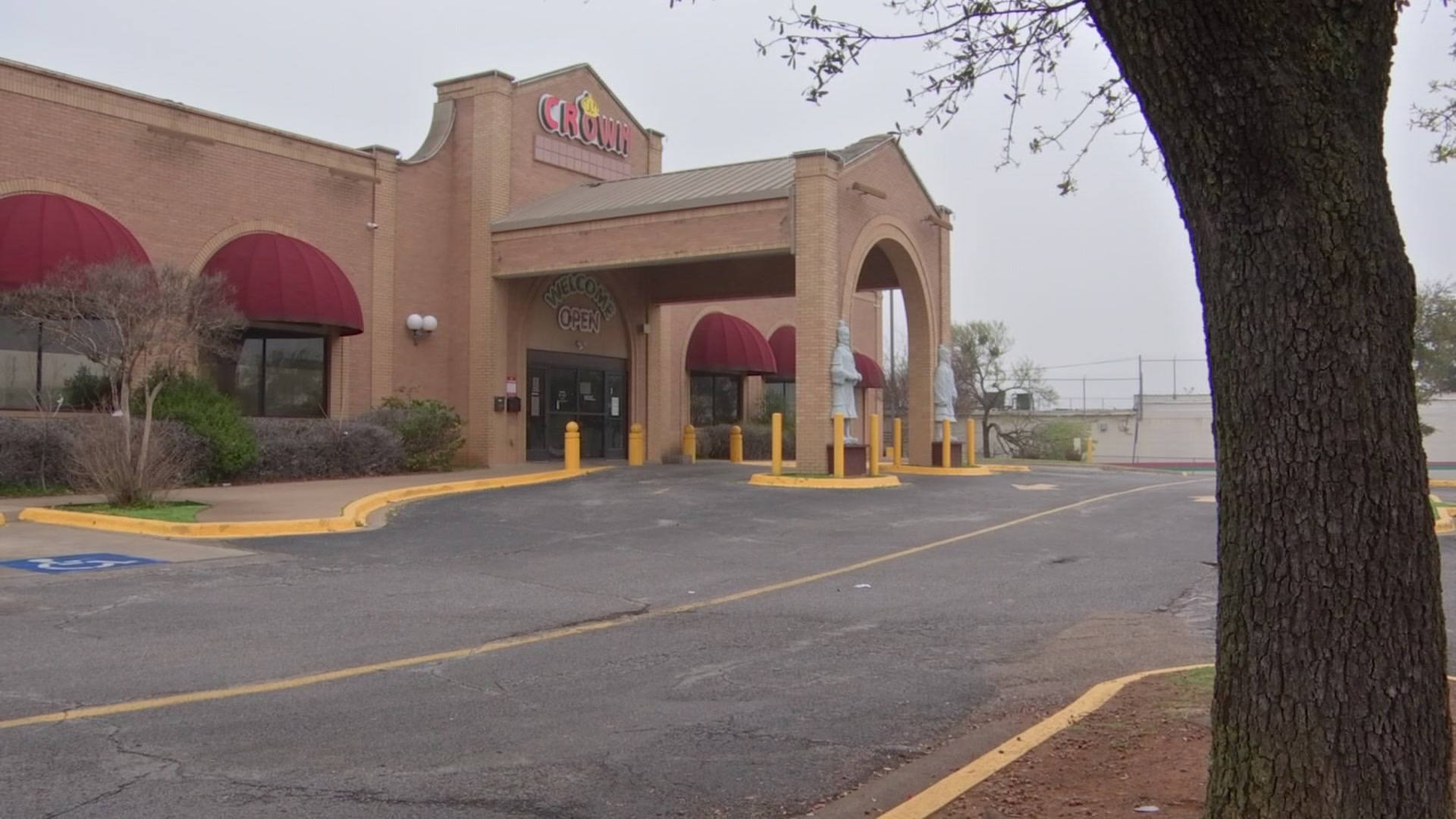It's been a tough new year for struggling families.
Inflation continues to put a strain on budgets and food stamp recipients have experienced their first month with less money in their SNAP account after COVID-era assistance programs expired at the end of February.
But a new program at a South Dallas grocery store is hoping to help people make every penny count.
Southpoint Community Market in South Dallas is partnering with American Heart Association Dallas for a new produce incentive program where SNAP recipients will get to double their dollars when they shop for fresh, frozen or canned fruits and veggies, among other foods.
Get DFW local news, weather forecasts and entertainment stories to your inbox. Sign up for NBC DFW newsletters.
“They’ll essentially be getting 50% off and allowing that dollar to go a little bit further on SNAP,” said Jenny Eyer with the American Heart Association. “While we can’t add money to their SNAP card, now with the dollars that they do have on their SNAP card it will be able to go a little bit further.”
The organization was able to secure 150,000 dollars in funding from the Truist Foundation, which will cover costs for at least two years.
The hope is that it will encourage more people to pick healthy food options and eventually lead to a decrease in chronic heart disease in the community.
“Essentially help them fight chronic disease with what you’re eating and taking in,” said Eyer. “We really wanted to start looking at a sustainable way to end hunger while also increasing access to fresh produce which will, research shows, help to decrease chronic diseases.”
Dr. Donald Wesson, whose son helped start the grocery store just outside their church in 2020, said this program will be a blessing for families wanting access to healthier food.
“As a physician, it’s been frustrating recommending foods that we want our patients to eat to maintain their health – in under-resourced communities like this like these so-called food deserts – that food has not been available,” he said. “And even when it has been available, it’s been at a price point that people are not able to afford.”
Southpoint opened as a corner market to meet the need of families and senior citizens living nearby who had no easy or close access to fresh foods, vegetables, toiletries and other needs.
“The grocery store being here is really a blessing to the neighborhood in such that it’s easily available and easily accessible – healthy foods, most notably, fresh fruits, and vegetables. And the SNAP incentive program makes it even more affordable and accessible for our SNAP Recipients who are really excited for this in the neighborhood and can have greater access to these healthy foods.”
Linda Mason, who lives near the market and is a lifelong resident of Dallas, has been on a journey to better health. Heart issues run in her family.
“It’s in our bloodline – strokes, heart attacks, high cholesterol, high blood pressure. It’s all right there,” she said. “Congestive heart failure with my mom. My baby sister died tragically about five or six years ago, which is absolutely devastating to me.”
That’s why she’s remained dedicated to her vegetarian diet has helped keep her heart health in check. Before Southpoint opened, her cousin has to drive her to multiple grocery stores to find fresh fruits, vegetables and milk alternatives for her diet.
“I’m trying to make sure that I make the best of my life right now and take care of myself,” she said.
But she says that’s hard to do while living on food stamps during inflation. COVID-era SNAP benefits that expired took an average of almost $100 per month off of families out of families’ accounts.
“What I’m receiving is technically not enough,” said Mason, adding that she has been rationing her food to make it last. “Everything has gone up. I cannot afford to receive what I have and be able to make it. I need another outlet.”
The program is getting final approval from the USDA and should go into effect any day now. The hope is to expand it to more markets in North Texas.
“It’s not just for me but it’s for other seniors,” said Mason. “I’m 63 years young and there are a lot of seniors who got a lot less food stamps than what I get. I thank God every day that I do see food stamps and I know this will benefit me and other seniors.”



